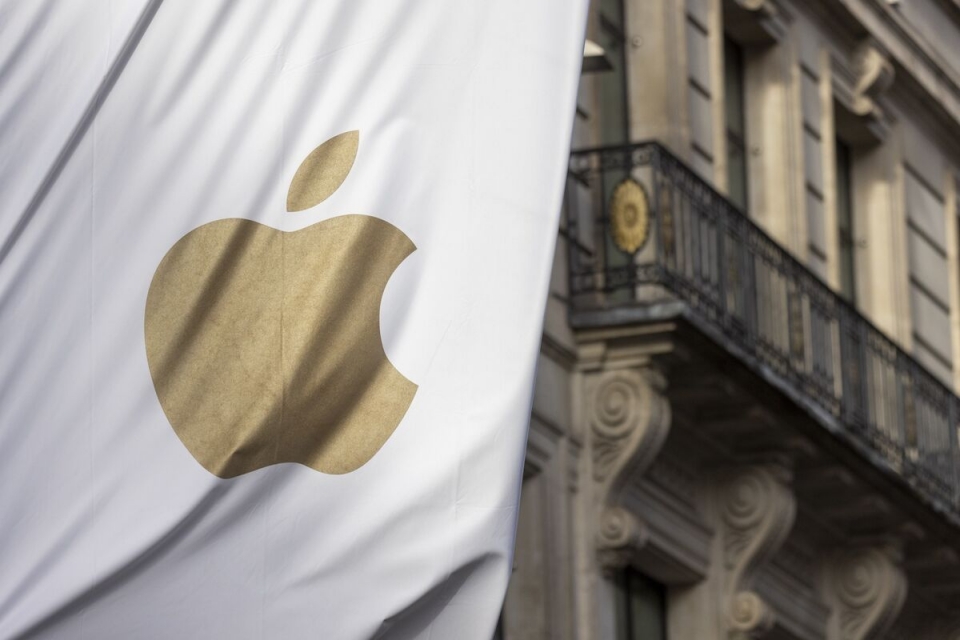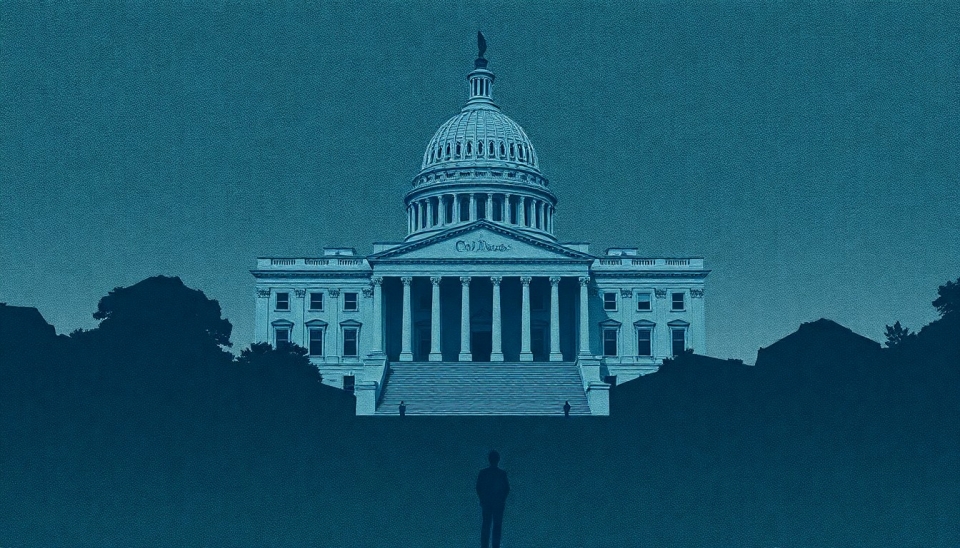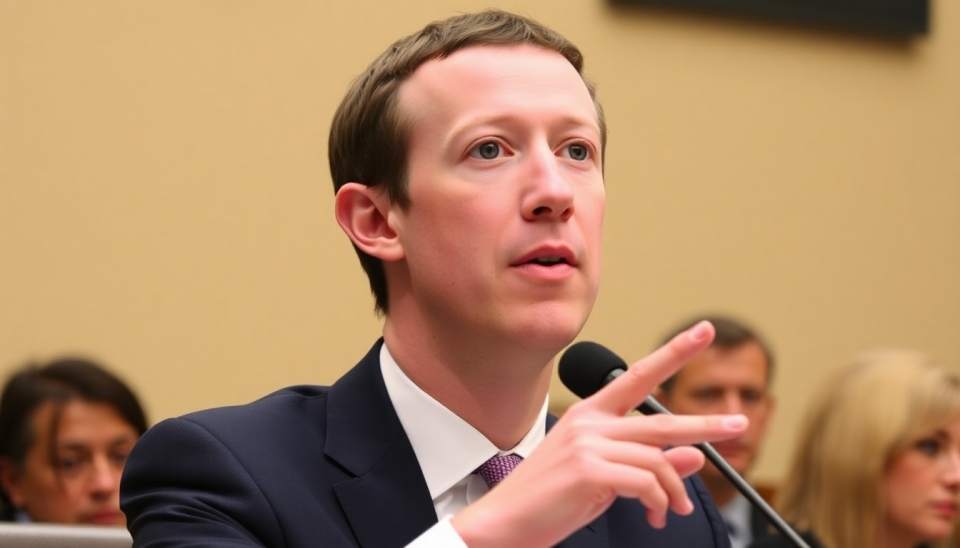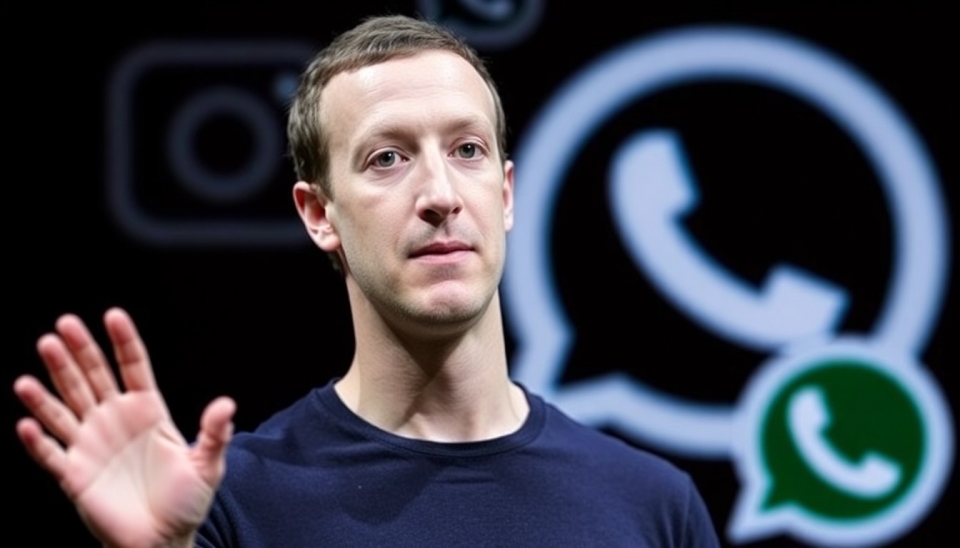
In a significant development that is likely to please privacy advocates, the United Kingdom has decided to withdraw its mandate requiring Apple to create a backdoor in its devices, which would have enabled government access to encrypted data. This decision was announced amid rising critiques surrounding user privacy and concerns that such a measure could set a dangerous precedent for surveillance.
Former presidential candidate Tulsi Gabbard expressed her approval of this unexpected turn in policy, emphasizing the importance of safeguarding the privacy rights of individuals. Gabbard highlighted that mandatory backdoors would not only compromise personal security but could also endanger citizens by making their sensitive information vulnerable to malicious actors.
The push for this backdoor functionality had been part of broader regulatory discussions in the UK, framed under the need to combat crime and terrorism. However, as the government faced mounting pressure from tech companies, privacy organizations, and civil liberties groups, the call for a more balanced approach became increasingly loud.
Critics of encrypted communications have often argued that such measures are essential for law enforcement to track criminal activities and ensure public safety. Nonetheless, advocates for digital privacy assert that encryption serves as a crucial barrier against unauthorized access, including that by state actors, pointing out that compromising encryption features would ultimately weaken security for all users.
The decision by UK authorities reflects a growing recognition of these concerns. As governments worldwide grapple with the challenges posed by technological advancements and the protection of civil liberties, the UK has taken a noteworthy step back from aggressive regulatory measures that many argue could infringe on individual privacy rights.
This recent turn of events may signal a shift towards more collaborative dialogues between tech companies and regulatory bodies, aiming to find a balanced way to enhance security while respecting user privacy. While the UK has dropped its immediate demands, it still signals the necessity for ongoing discussions regarding the intersection of technology, data security, and civil liberties in an increasingly digital world.
The debates surrounding encryption and backdoors are likely far from over, as the global conversation continues to evolve. Stakeholders from various sectors will need to remain vigilant and engaged as governments and tech companies work together—and sometimes against each other—to navigate these complex issues.
As the UK navigates its path forward, it remains to be seen how this decision will influence similar discussions in other nations, particularly in an era where digital privacy is becoming an increasingly critical concern for individuals around the world.
For now, the withdrawal of the backdoor mandate should serve as a reminder of the continual balancing act between security measures and the fundamental right to privacy, a topic that will likely remain at the forefront of policy discussions in the near future.
#privacy #encryption #Apple #backdoor #TulsiGabbard #UK #surveillance #civilLiberties #digitalRights #technology
Author: Liam Carter




